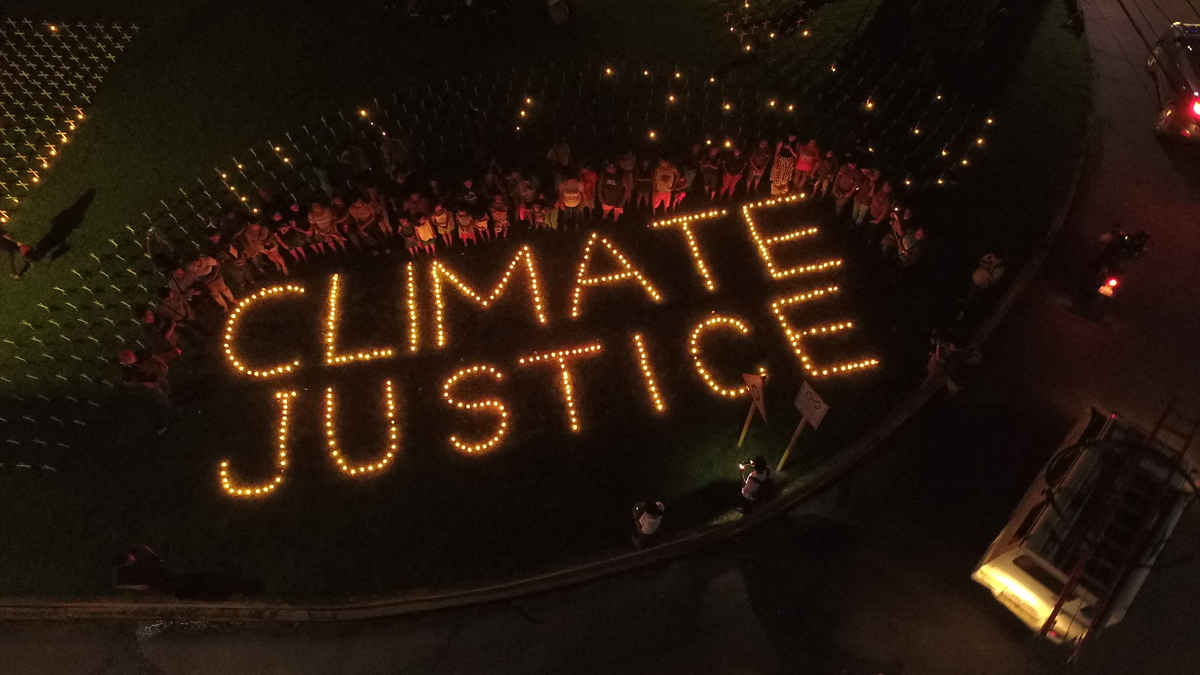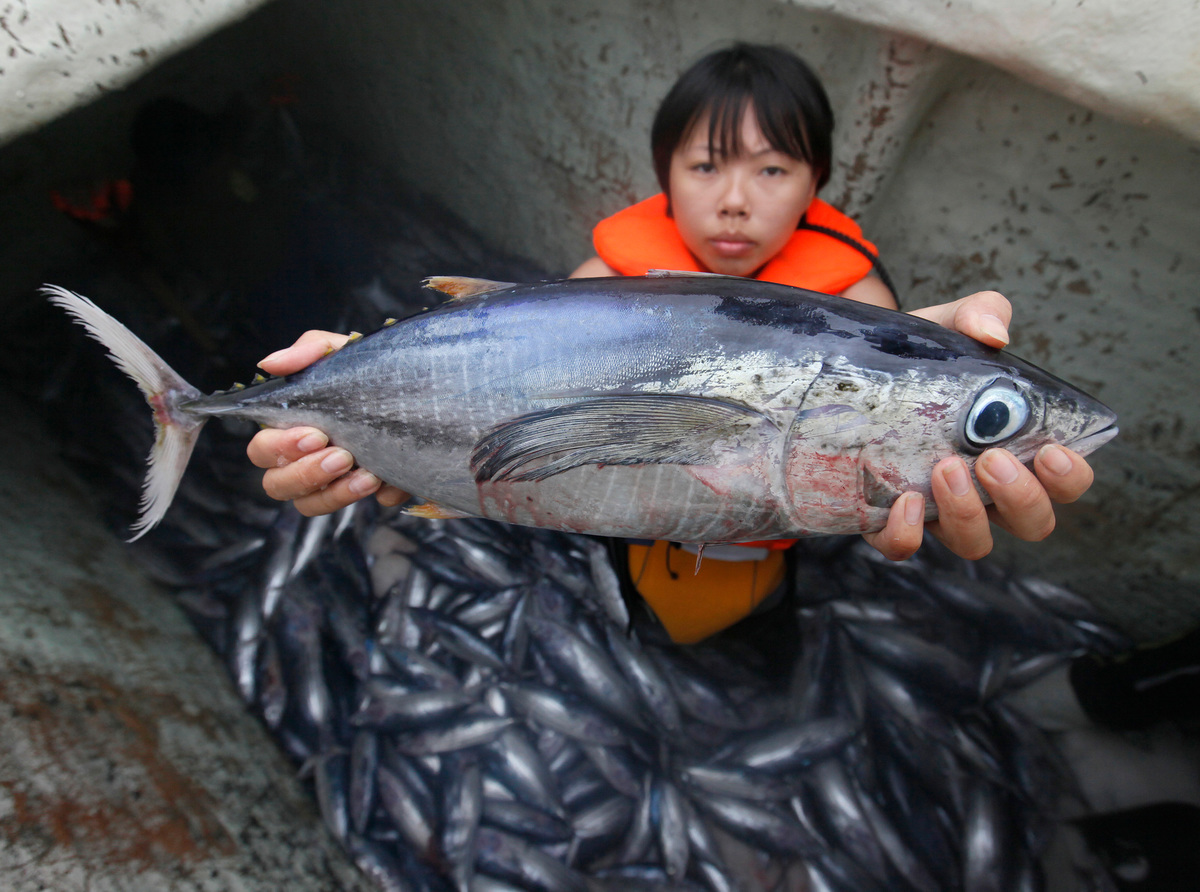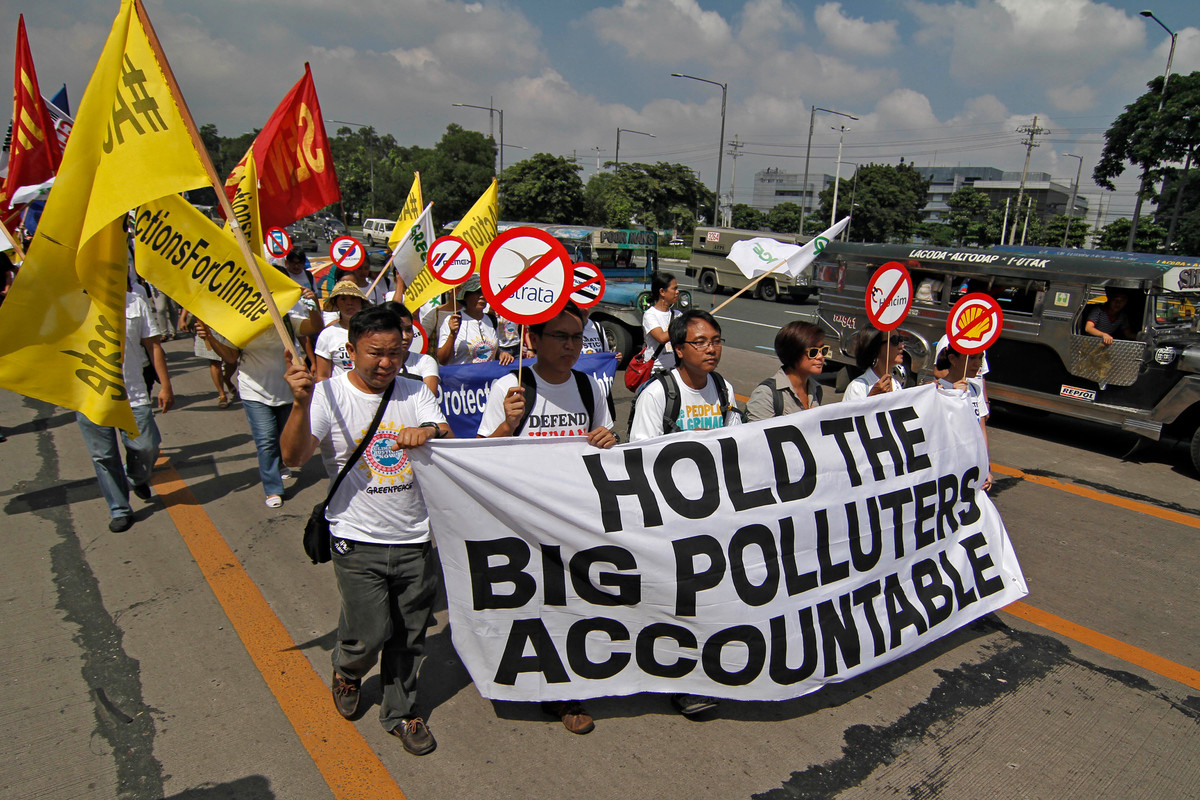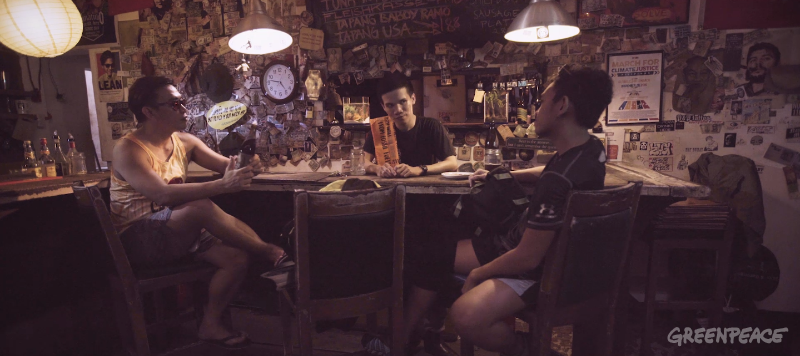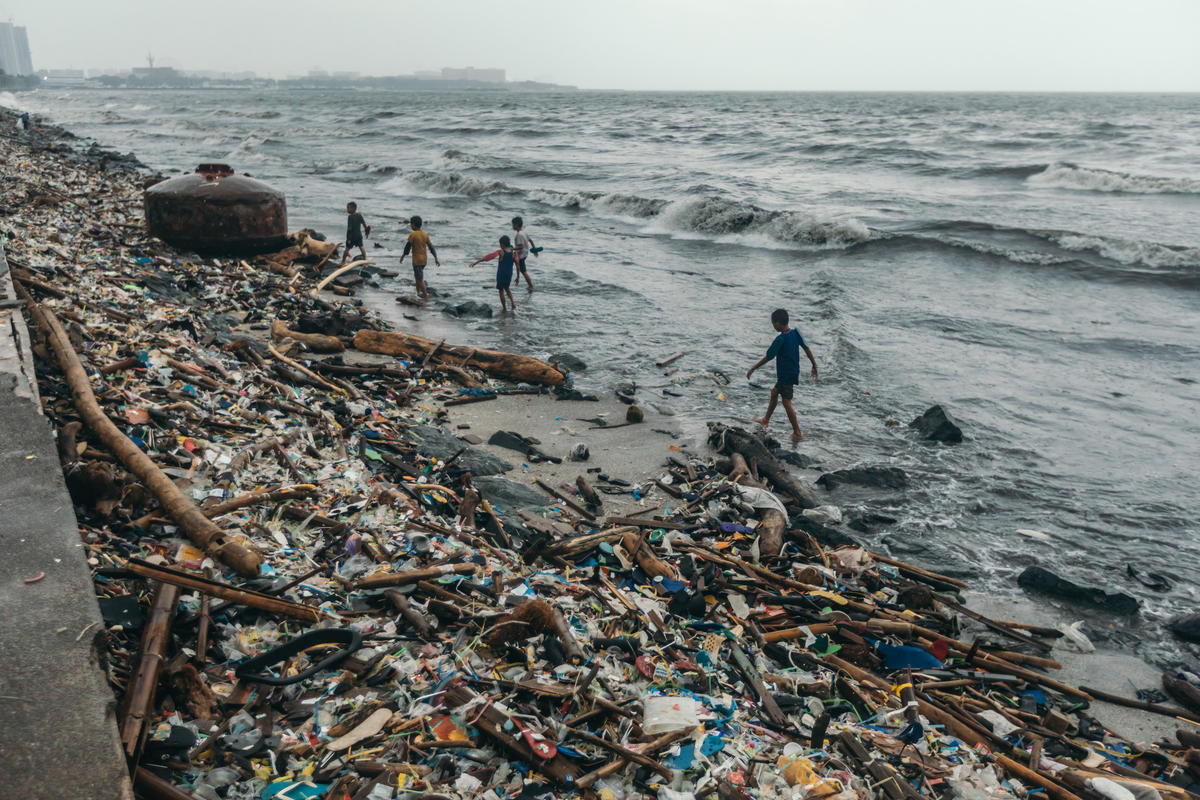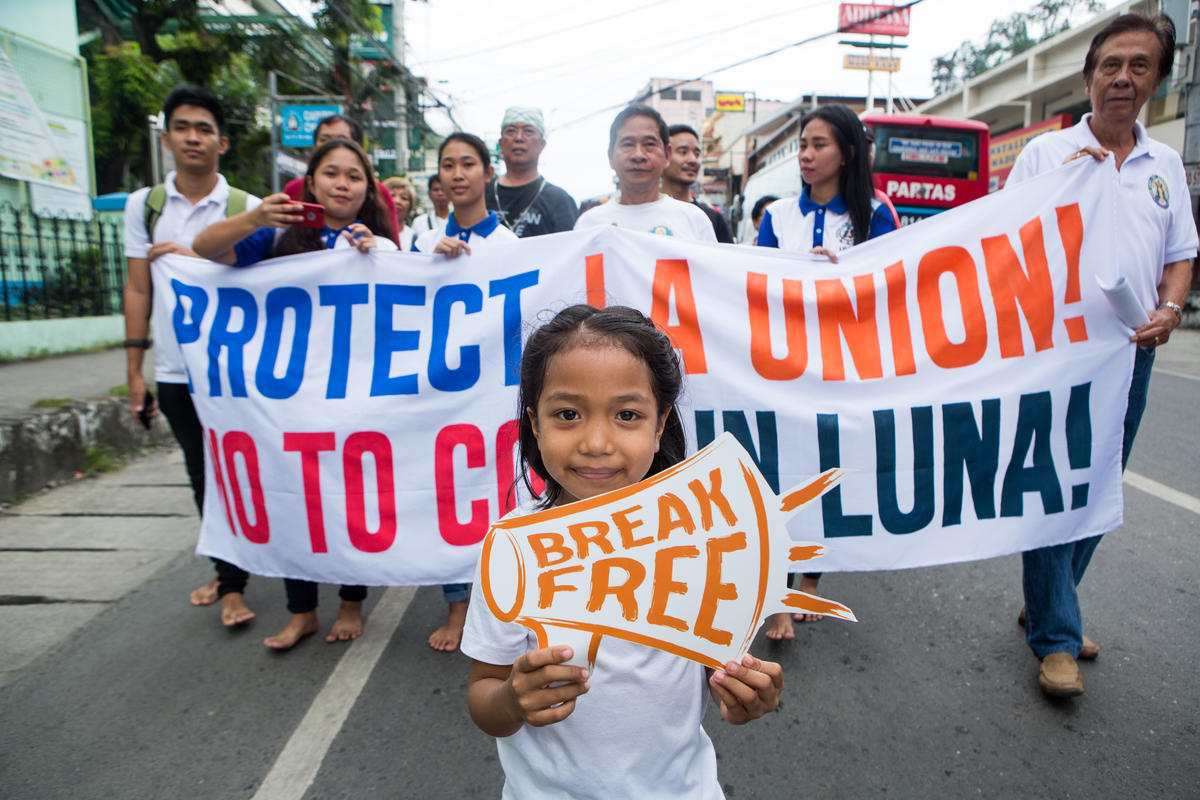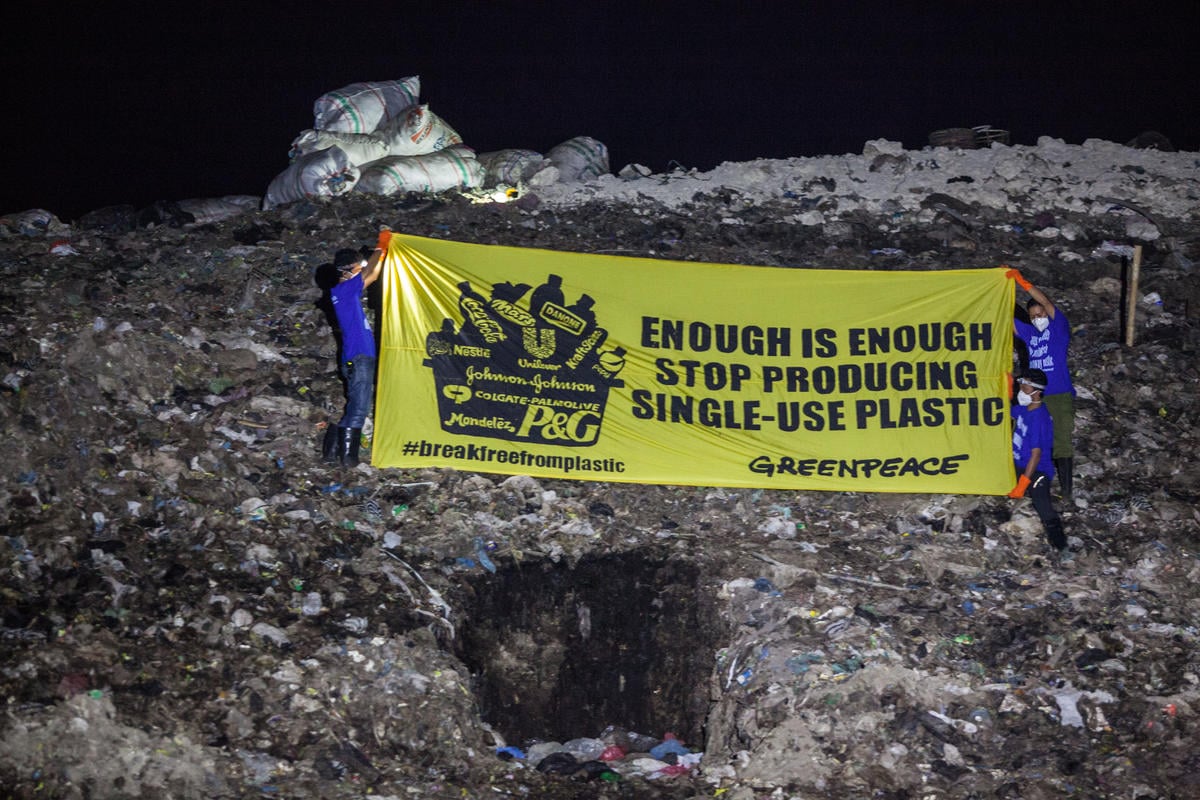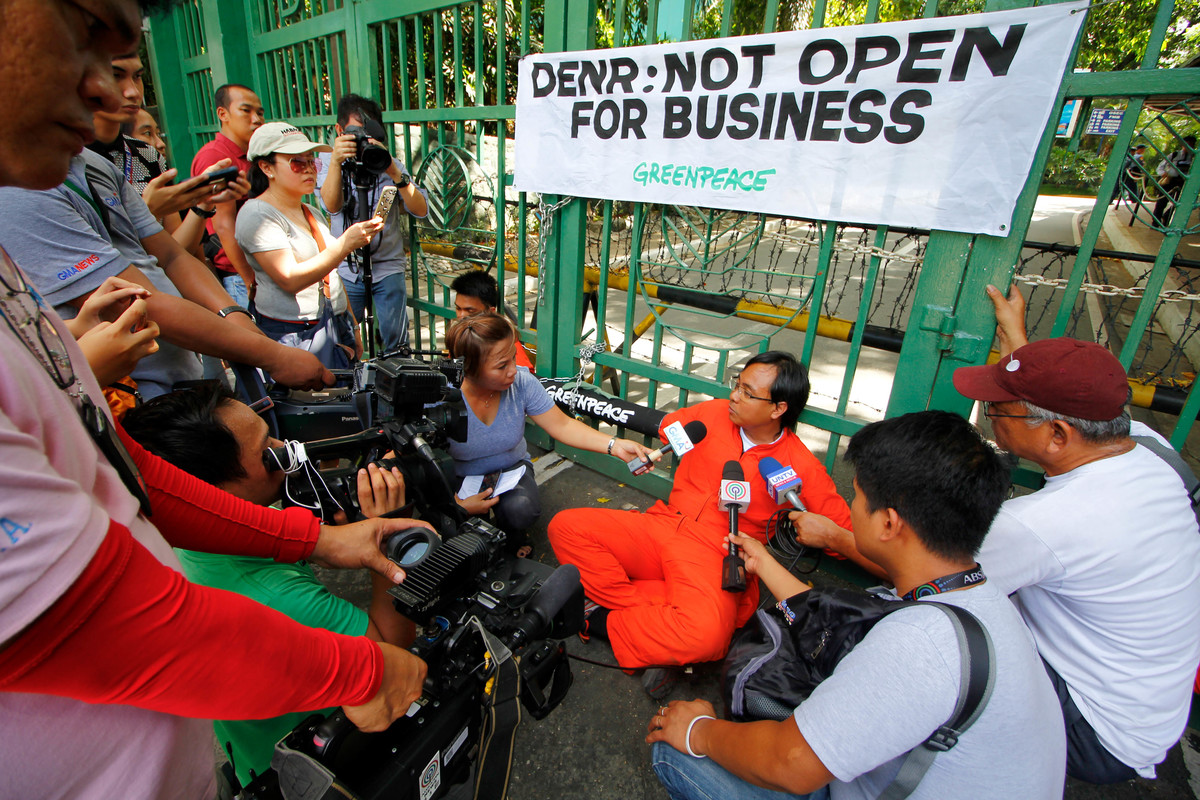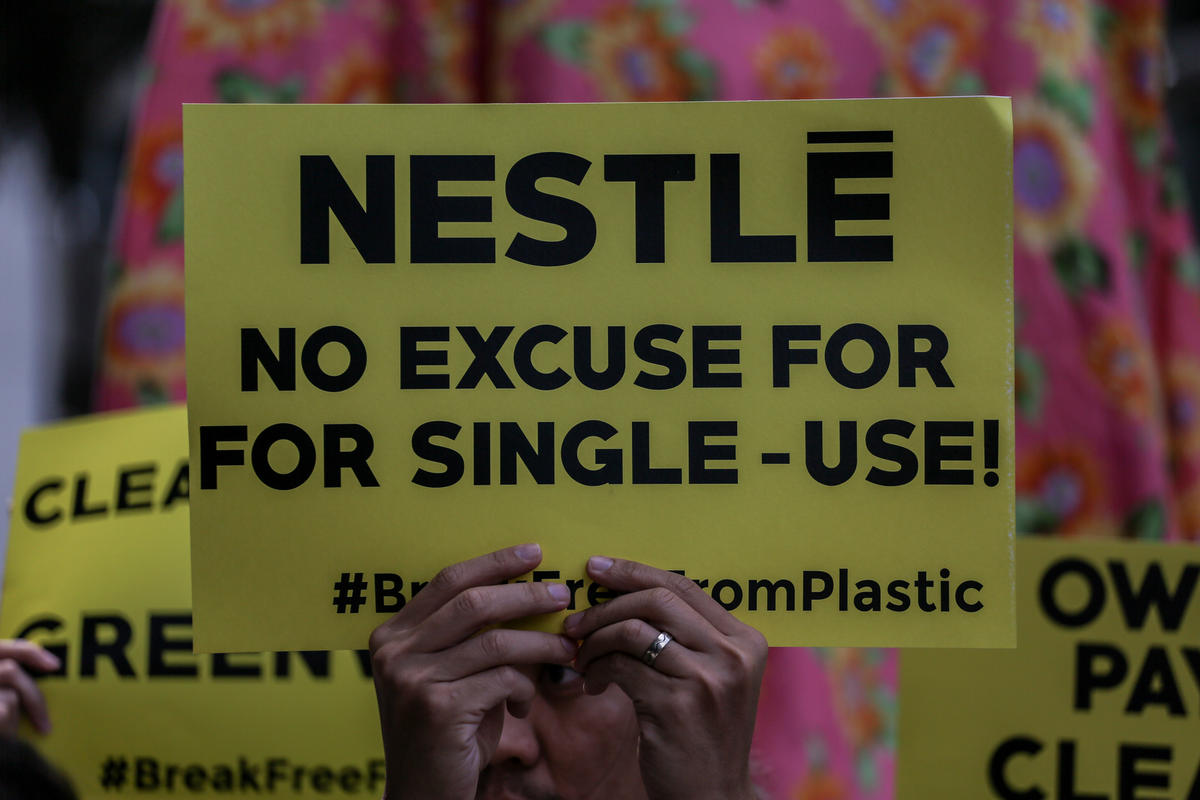All articles
-
Greenpeace: 11th hour for the climate, it’s time for leadership to truly emerge
Typhoon Mangkhut, one of the strongest storms of the year, is forecast to hit the north of the Philippines by the weekend before threatening Hong Kong and Macau.
-
Philippines set to lead global tuna industry to sustainability and Go Green
The Philippines is setting its sights on leading the transformation of the global tuna industry towards sustainability
-
World’s top climate experts to testify in landmark investigation into fossil fuel companies
Some of the world’s most highly-regarded climate change science, policy, research, and legal experts will appear as witnesses in the ongoing hearings by the Commission on Human Rights of the Philippines (CHR) on the responsibility of 47 fossil fuel companies for the global climate crisis.
-
Greenpeace, NCCA, and KWF release Balagtasan video on National Heroes’ Day
On National Heroes’ Day, Greenpeace, together with the National Commission on Culture & the Arts (NCCA) and the Komisyon sa Wikang Filipino (KWF) released a video, “Dagat o Gubat,” a Balagtasan piece by local poets group The Makátas.
-
Garbage “engulfing” Manila, Philippines after severe storm highlights plastic and climate crises
Waves of plastic pollution has engulfed parts of Metro Manila and nearby provinces, after a combination of heavy storm and monsoon rains, with garbage clogging drainage and causing floods.
-
La Union citizens call for better measures vs corporate polluters
Following the contamination of shorelines due to a coal spill from the Holcim cement factory in Bacnotan, residents of La Union province are calling on the government for corporate accountability and better measures towards protection of the environment and citizens from toxic contamination by industrial plants in the area.
-
Plastic pollution a multifaceted problem, calls out companies to take action
On World Environment Day, Greenpeace Philippines called for ‘action from all fronts’, especially from companies most responsible for producing single-use plastic.
-
Greenpeace to DENR: opening of protected areas to special private use is ‘wrong move’
Greenpeace's response to Department of Environment and Natural Resources Sec. Roy Cimatu announcement that protected areas are now open to special private use by applying for a special use agreement in protected areas.
-
Nestlé misses the mark with statement on tackling its single-use plastics problem
Greenpeace's response to Nestlé's statement aimed at addressing the growing plastic pollution crisis.
-
Greenpeace: DOJ “terror” list puts innocents in danger
Environmental organization Greenpeace is calling to junk the government’s list that seeks to label more than 600 individuals as “terrorists,” saying that the move is careless and puts the lives of innocent individuals and advocacy champions in grave danger.

